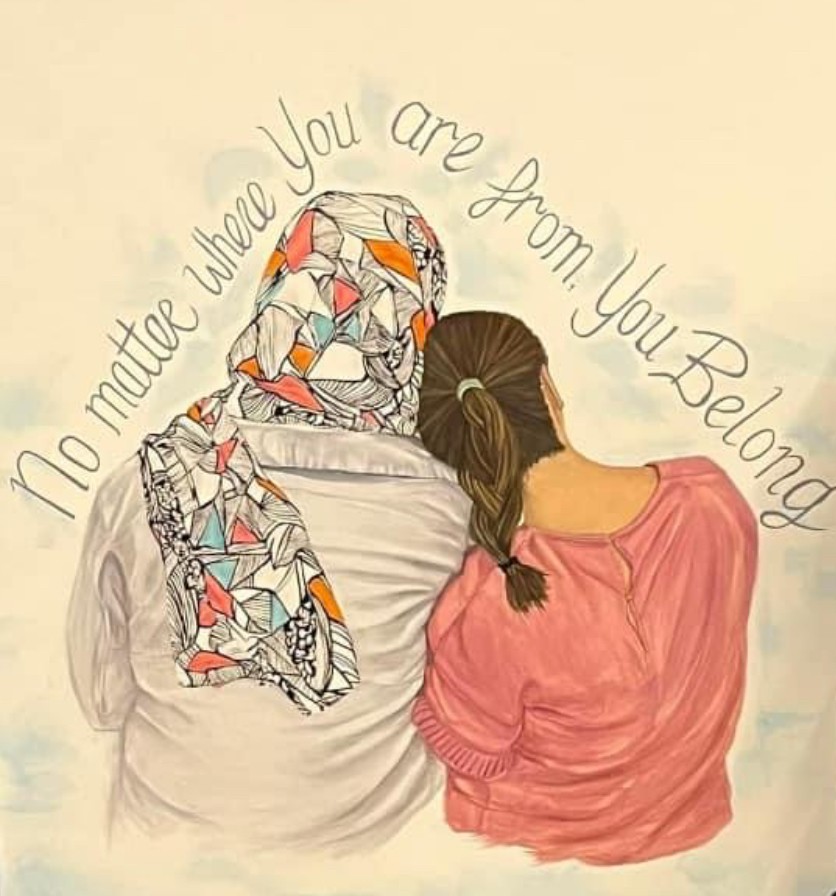Last Friday on the Morning Mix there was a huge reaction to an article in the Daily Mail penned by journalist Brian Mahon. The article claimed that more than 5,500 Ukrainian refugees are receiving Ireland’s non-contributory State pension, costing the State over €14 million to date.
The payments come under the EU Temporary Protection Directive, which was introduced after Russia’s invasion of Ukraine. Ireland has been one of the most generous EU countries in implementing this directive, granting refugees access to a wide range of benefits, including pensions.
Under changes made in March and September 2024, new Ukrainian arrivals of pension age (66 and over) are no longer eligible. However, those who were already receiving the pension before the cuts continue to do so, raising questions about whether these payments will continue indefinitely.
Speaking to Alan Corcoran Mr Mahon said this issue has struck a nerve with many Irish pensioners, some of whom don’t qualify for a full pension despite working all their lives. The €278 weekly payment for refugees compares sharply to lower pension rates in Ukraine, which average around €150 per month.
Critics, including opposition parties Sinn Féin and Aontú, argue that the payments could act as a “pull factor,” giving recipients little financial incentive to return home when the war ends. Mahon also pointed out that the Department of Social Protection has not clarified whether the existing pension payments will continue permanently.
The story raises wider questions about how different refugee groups are treated under Irish and EU policy. While Ukrainian refugees benefit from this directive, asylum seekers and people from other regions do not receive the same level of support.
Mahon said he will continue to follow the story, especially to see if the government decides to phase out these payments in the future.
You can listen back to the full interview here
Audio PlayerMeanwhile, former MEP Mick Wallace has voiced his strong criticism of the Irish government’s treatment of refugees, particularly in how Ukrainian refugees have been given significantly more financial support than others. Mick Wallace pointed out that while Ireland provided €230 a week to Ukrainian refugees, other countries in Europe offered much less, some as low as €8 a week.


